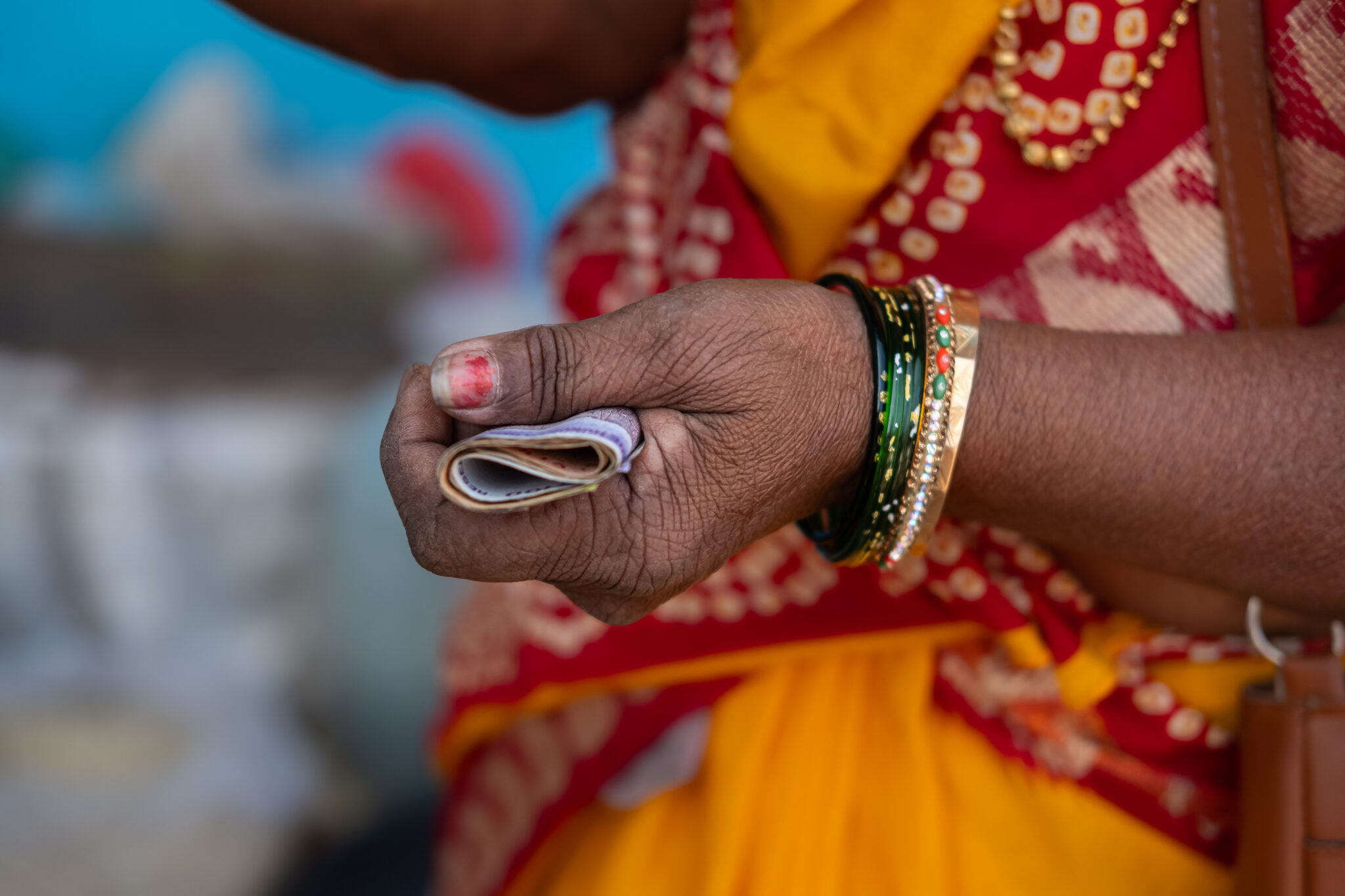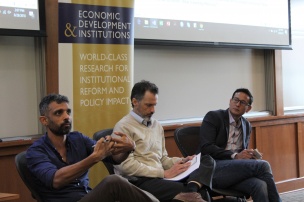Can Biometric Tracking of Attendance Reduce Health Worker Absenteeism?

Photo credit: Kt Stock via Adobe Stock Images
Study Context
Public servant absenteeism is a major barrier to delivering quality government services around the world, especially in low and middle-income countries (LMICs). In Uganda, the inefficiency created by health worker absenteeism costs the government nearly $7 million USD per year, and is thought to be the largest source of financial waste in the health sector (Okwero et al. 2010). Absenteeism reduces trust in healthcare system quality and dependability and exacerbates pervasive provider shortages in Uganda, especially in rural settings where provider to population ratios are extremely low.To address the problem of absenteeism, the Office of Prime Minster (OPM) in Uganda has begun installing biometric machines to track health worker attendance.
Study Design
This study gathers nuanced data from healthcare workers and managers to assess their views about using biometric technology to track attendance, as well as ways in which the government could address their intrinsic motivations and the structural issues that contribute to absenteeism. Researchers interview 54 healthcare providers (6 doctors, 10 clinical officers, 4 lab technicians, 4 radiographers, 10 nurses, 10 midwives, and 10 facility managers) from facilities that have and have not used biometric technology, and 10 focus groups comprised of 6-12 providers each. Researchers also collect information from 18 key informants in district governments, in charge of payroll and managing the health workforce, about their views on absenteeism, biometric machines, and the use of rewards/sanctions to reinforce the technology (including District Health Officers, District Secretary for Health, and Health Unit Management Committee members).
Results and Policy Lessons
Evidence from this study will provide the OPM with insights about the plausible effectiveness of using biometric technology to reduce absenteeism and will inform the design of behavioral interventions to be tested in a randomized experiment. Ultimately, researchers plan to test whether pairing the biometric technology with behavioral interventions identified through the qualitative interviews reduces health worker absenteeism.






